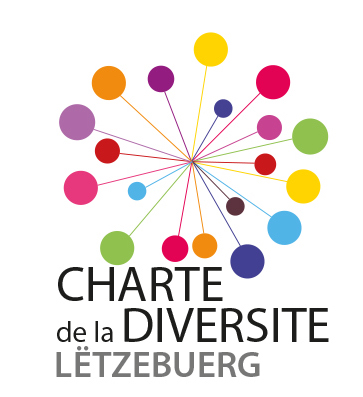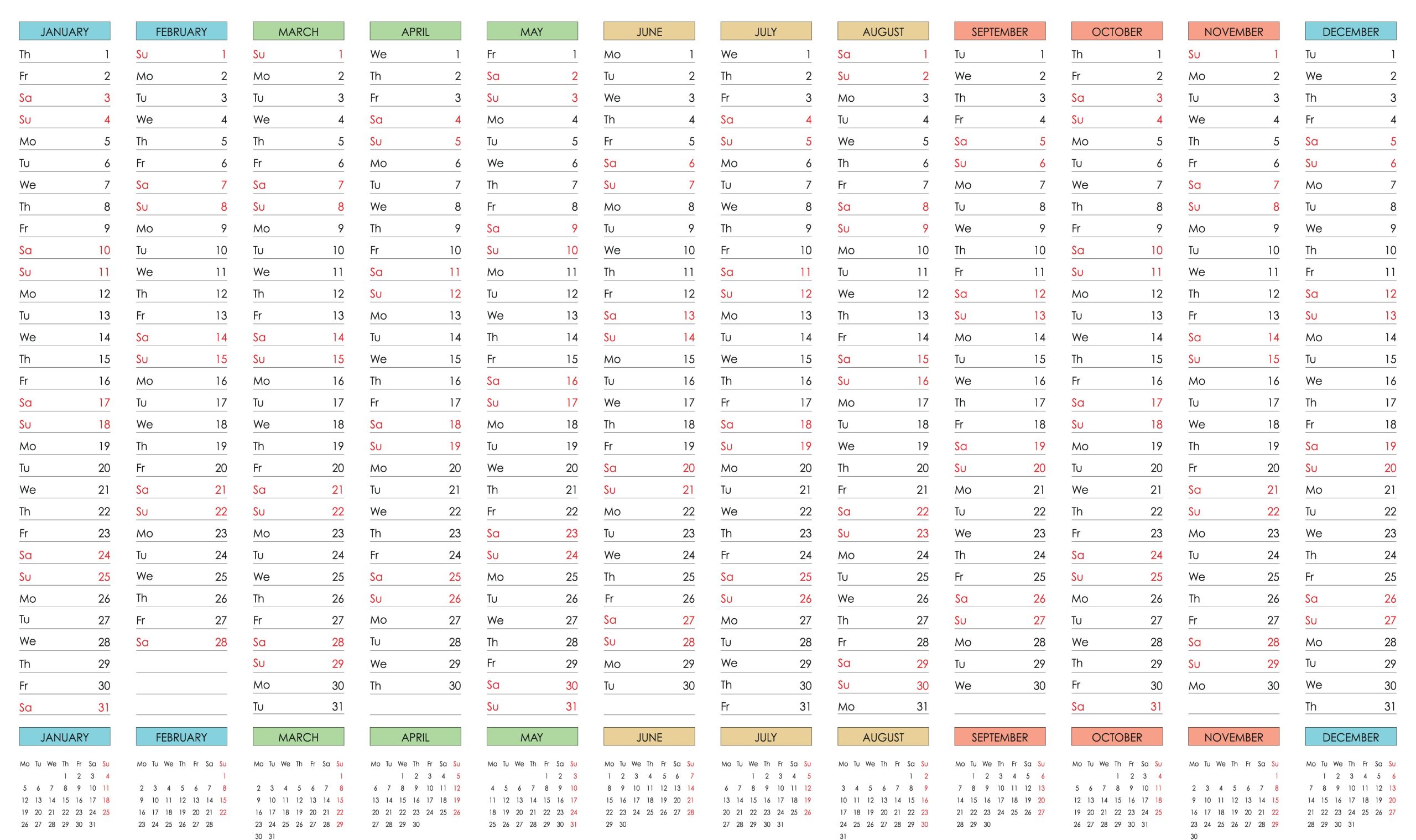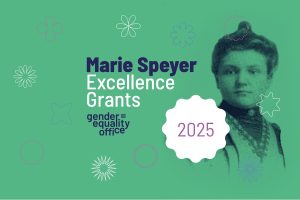The University of Luxembourg is committed to gender equality as a matter of fairness and as a key tool to support academic excellence. We promote and advance gender equality through our Gender Equality Policy, which is designed to:
- promote gender diversity in research and academic careers;
- support women, as the underrepresented gender, in leadership positions;
- ensure that training, promotions and appraisal procedures for the University of Luxembourg employees are gender-responsive.
The Gender Equality Delegate, Prof. Skerdilajda Zanaj, leads the University’s gender equality strategy and chairs the Gender Equality Committee, which brings together representatives to promote equity and advise on strategic actions. The Gender Equality Office manages the implementation of the Gender Equality Policy.
The Gender Equality policy is the outcome of a two-year-long study and comprehensive consultations with all university stakeholders. We undertook a rigorous, research-driven analysis to identify unconscious bias and actions to achieve sustainable gender equality through systemic change. The Gender Equality audit led from January to April 2019 sought to understand how the University compares with similar universities in terms of the gender composition of staff members, along with research into staff members’ own perceptions and experiences of gender equality.
The audit and the thorough discussions that followed served as the basis for the present Gender Equality policy (PDF).
Policy areas
-
Awareness
Raising awareness promotes and encourages a general understanding of gender-related challenges at the University and beyond. To do so, the University will provide tools and training for staff and produce and publish yearly gender-disaggregated statistics.
-
Staff Composition
The University is committed to removing any discriminatory barrier in recruitment, retention, and career opportunities, to ensure the optimal use of talents. This will be taken forward over the Four-Year plan by gender-proofing recruitment, retention, and promotion procedures to improve staff gender balance, as well as addressing gender imbalances in decision-making processes.
-
Work life Balance
During the Four-Year plan, the University aims to improve the balance between work and caring responsibilities, so that staff members, with no distinction of gender or marital status, with parenting or other primary caring responsibilities, are not disadvantaged in their daily working life and career development. As part of this, further childcare services and better access to information on family leave will be explored.
-
Workplace climate
The University will maintain and reinforce its strong commitment to zero tolerance of harassment, mobbing, or any form of discrimination in any of its activities, through developing systems for confidential reporting, dispute resolution transparent and straightforward procedure for a prompt and effective review and investigation of harassment or bullying complaints.
-
Communication
The University will over the Four-Year plan promote diversity and inclusivity in interpersonal communication among staff members and students, to avoid discriminatory and gendered words and expressions, gendered role titles and stereotypes.
-
Teaching and research
The development and the transmission of knowledge related to gender can increase awareness of inequalities and their multidimensional adverse effects, creating the space for actions to tackle these issues. As such, the University will explore building teaching programmes and seminars related to gender studies and envisages contributing to gender research with possible professorial positions in gender-related research fields.
The implementation measures for the Gender Policy for 2020-2025 define the Gender Equality Plan of the University for this period. The measures, hence the plan, were approved by the Board of Governors on 21 May 2021.
The main measures being implemented are:
- Gender-disaggregated Statistics
- Preferred Name
- ADVANCE mentoring programme
- Anne Beffort Positions
- Awareness Campaigns and Networking Events, such as Women Leaders
- Workplace climate
- Gender-inclusive language guidelines
- Established an LGBT+ Taskforce
- Family-Friendly Initiative: Tailored support for parents, including: Procedures enabling parent researchers to attend international conferences, and On-site childcare solutions for conferences organized by the University (more information on the Intranet)
The full document can be consulted here:
In 2020, we ran the first university-wide gender equality audit. The audit aimed to provide a robust evidence base to help identify areas where the university was performing well regarding gender equality, and specific areas that needed more attention or resources. This research was used to feed into the university’s gender equality policy.
A second survey is currently being carried out. To ensure proper monitoring of the impact of the measures and to inform the next action plan, we plan to assess the staff perceptions at five-year intervals.
We survey was sent to all staff members working at the institution, including both academic and administrative staff. Staff were asked about seven main areas related to gender equality at the University:
- Perceptions of the University and work-life
- Bullying, harassment and mobbing
- Unconscious bias and discrimination in recruitment and promotions
- Career pathways
- Time spent on activities
- Training
- Caring responsibilities
The identity characteristics of staff members at the University of Luxembourg were benchmarked against a selection of comparable universities in the UK, using data from the Higher Education Statistics Agency (HESA).
Our principles
- Implicit biases (in practices, in procedures and in our minds) may persist despite the best intentions.
- The University supports parents in academia and more broadly it aims to create an environment where staff members can have a successful career and achieve work-life balance.
- The University commits to a professional environment with equal opportunity and fair treatment. We provide clear procedures to solve any discriminatory or harassment episode.
- Gender-inclusive communication avoids discriminatory and gendered words and expressions, masculine role titles, and stereotypes.
- Gender equality doubles the pool of talents, thus it is encouraged and supported in recruitment, detention and career opportunities.
- Teaching and research, related to gender, leads to social transformations with lasting effects in the mind of future generations.
Diversity Charter Lëtzebuerg
As part of our ongoing commitment to fostering an equitable and fair workplace, we are proud to be signatories of the Diversity Charter Lëtzebuerg. By signing this national charter, we affirm our dedication to promoting equality and belonging through concrete actions that go beyond legal obligations.
For more information, please visit: chartediversite.lu

Zero tolerance to gender-based violence
The University of Luxembourg is a signatory of the “GenderSafe Pledge for Zero Tolerance to Gender-Based Violence”. By endorsing this initiative, the University reaffirms its commitment to fostering a safe, respectful, and inclusive environment for all students, staff, and faculty.
For more information, please visit: Gender Safe

Yearly activities
The Gender Equality office organises yearly activities to support the University community. Read about activities related to the Orange week, the International Women’s Day and others.
More info

Gender Equality Office
The Gender Equality Office, led by Prof. Skerdilajda Zanaj in her role as Gender Equality Delegate, drives the University’s efforts toward gender equality .
Day-to-day coordination and implementation of gender equality initiatives are managed by Dr. Inês Crisostomo, who oversees projects, partnerships, and internal activities. Marie-Laure Glowacki contributes to operational tasks and the administration of the Office’s mission. To ensure student perspectives are represented, the team also includes a student worker who actively supports LGBTQIA+ initiatives.
Together, the team works to embed gender equality across all areas of university life and actively engages in national and international dialogue.
If you have any questions, please send an email to:




